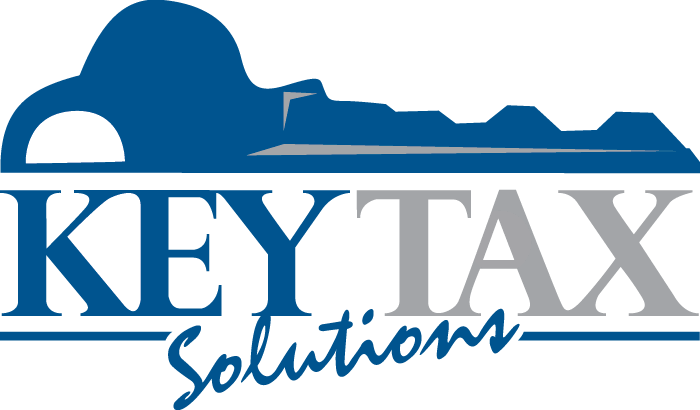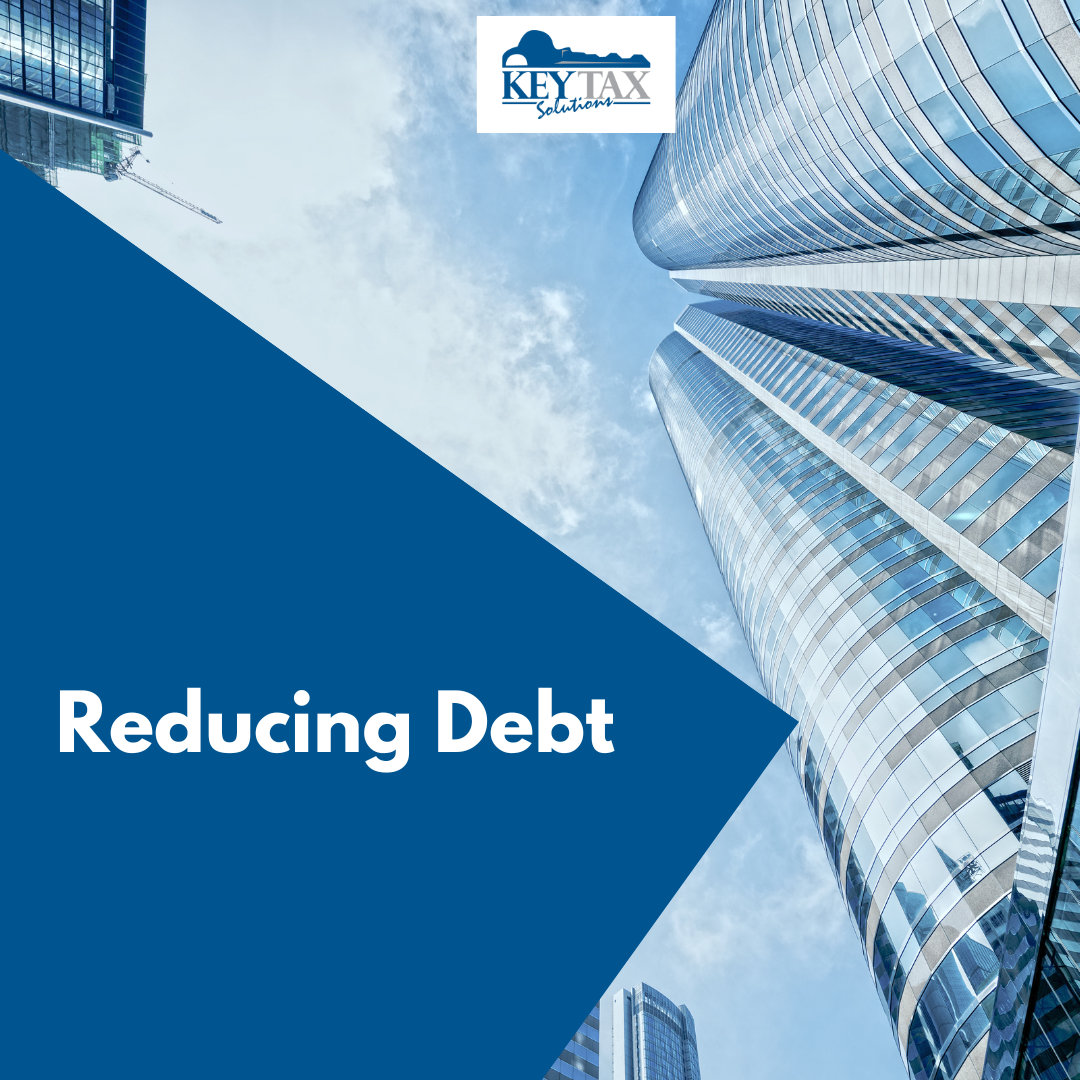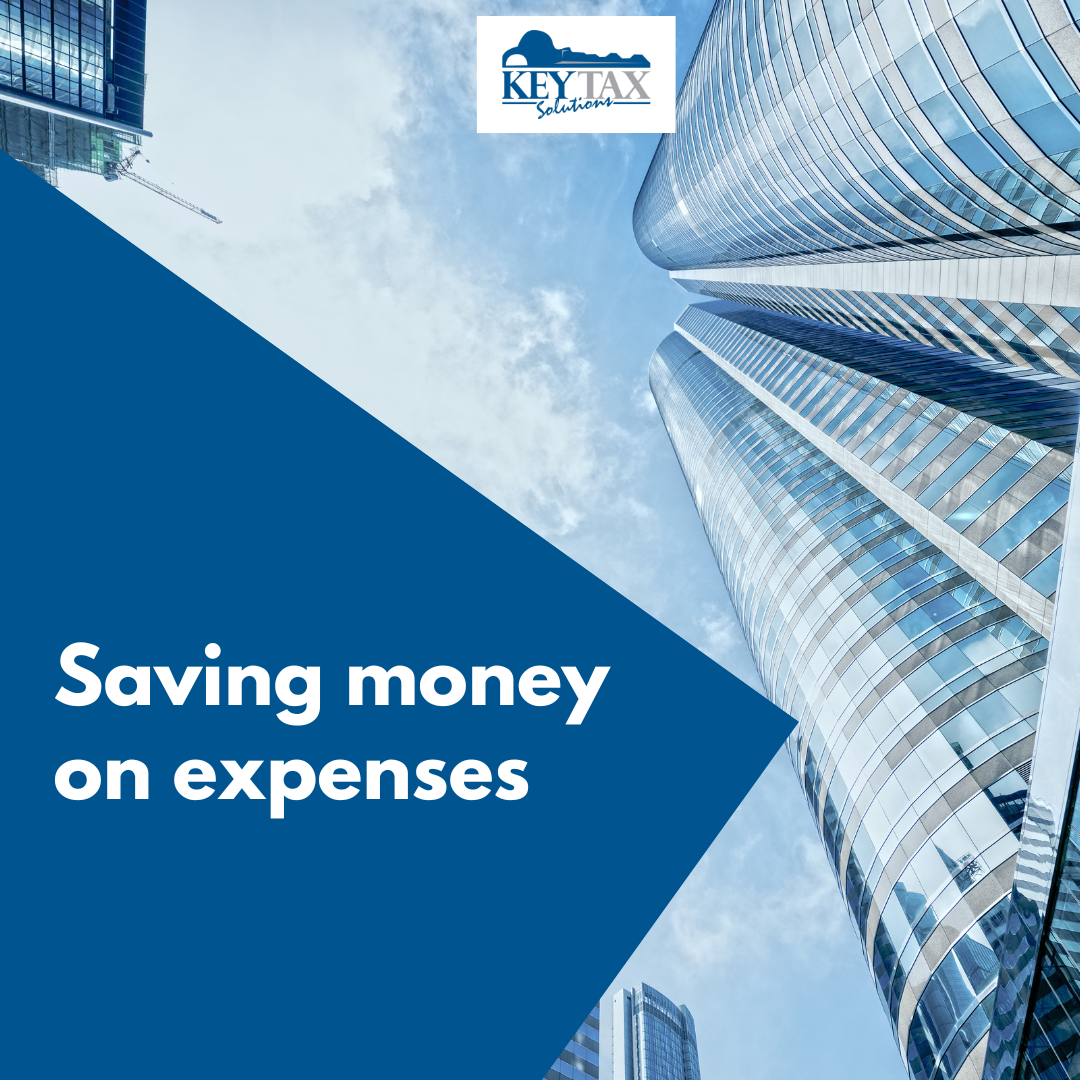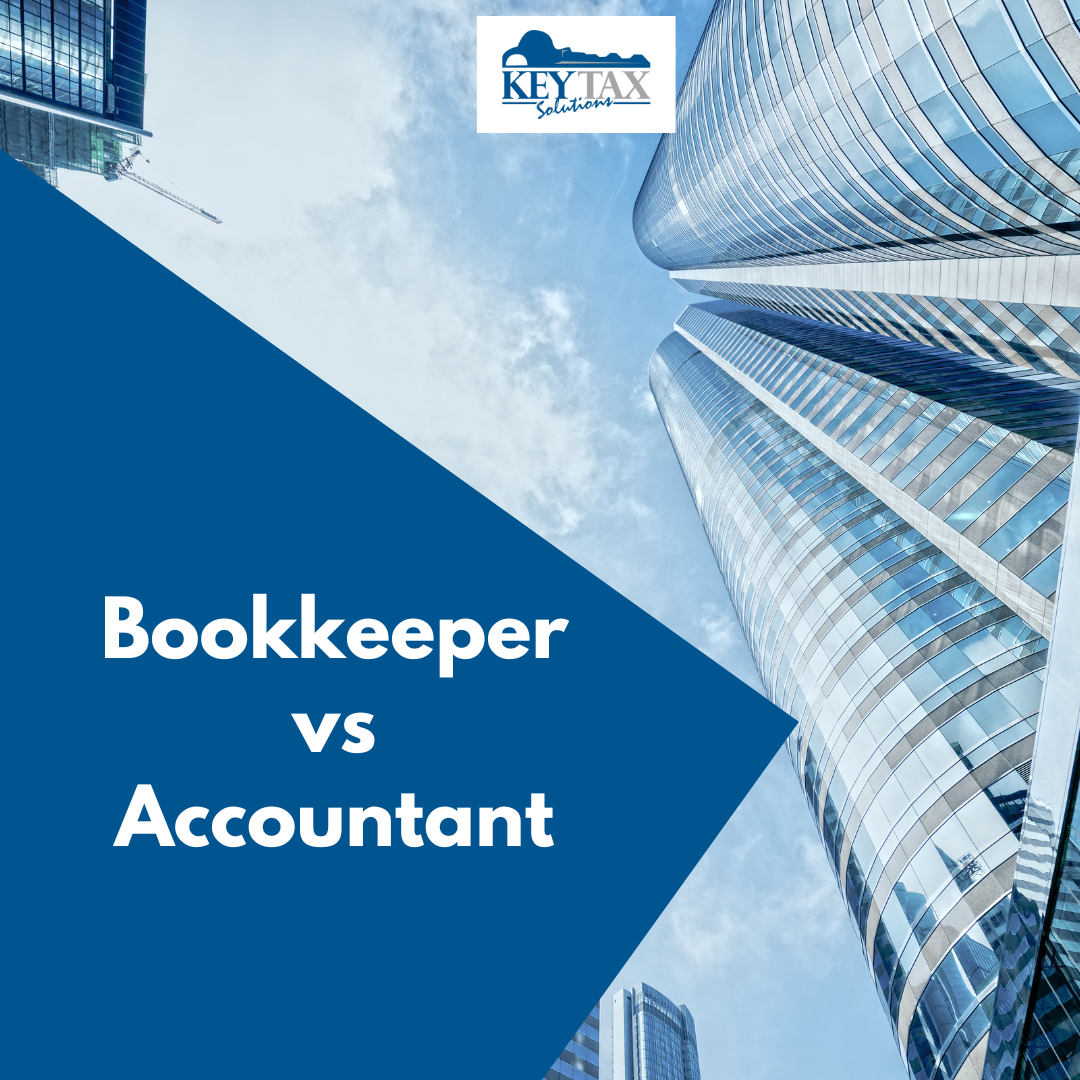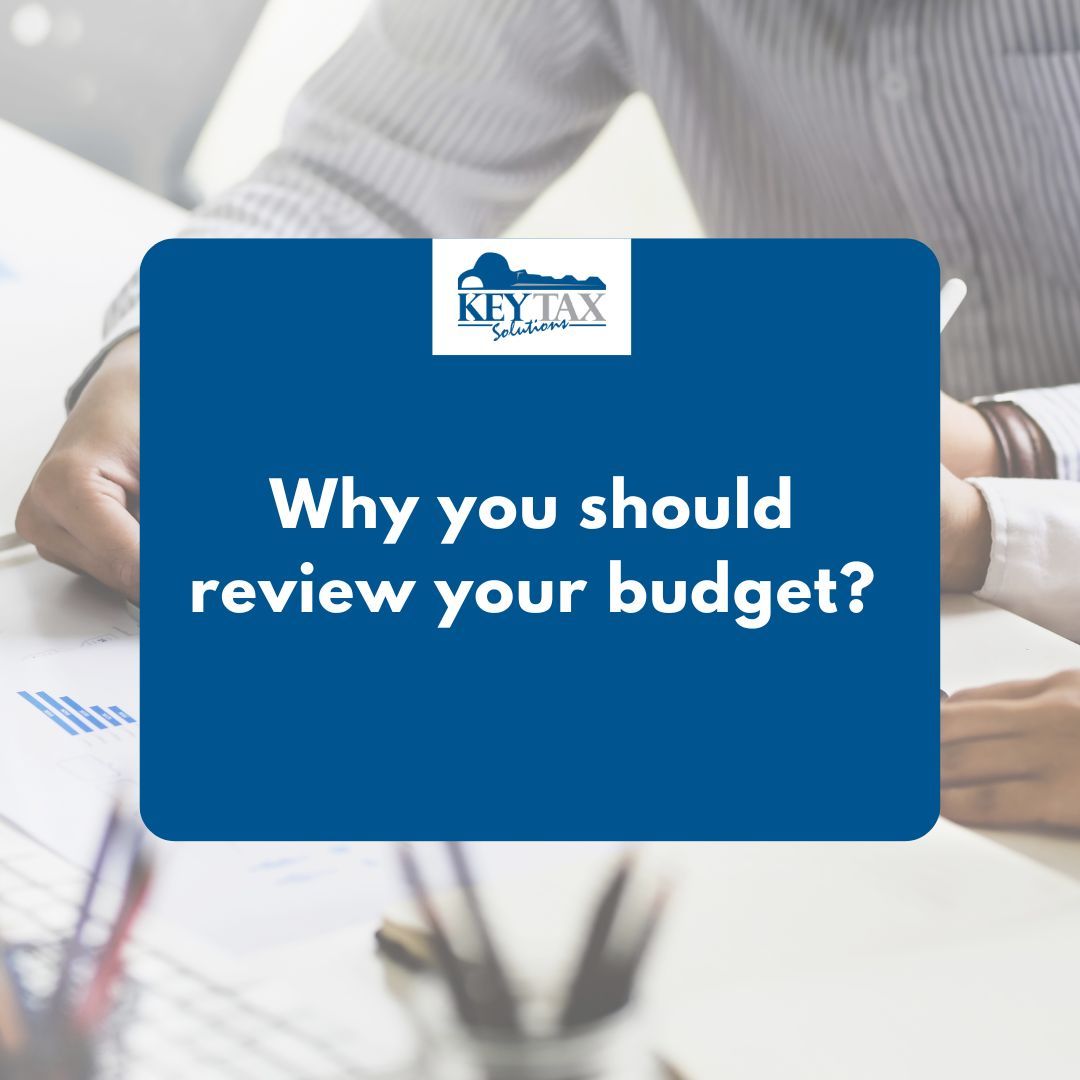What are the Taxation obligations of the Executor of a Deceased Estate?
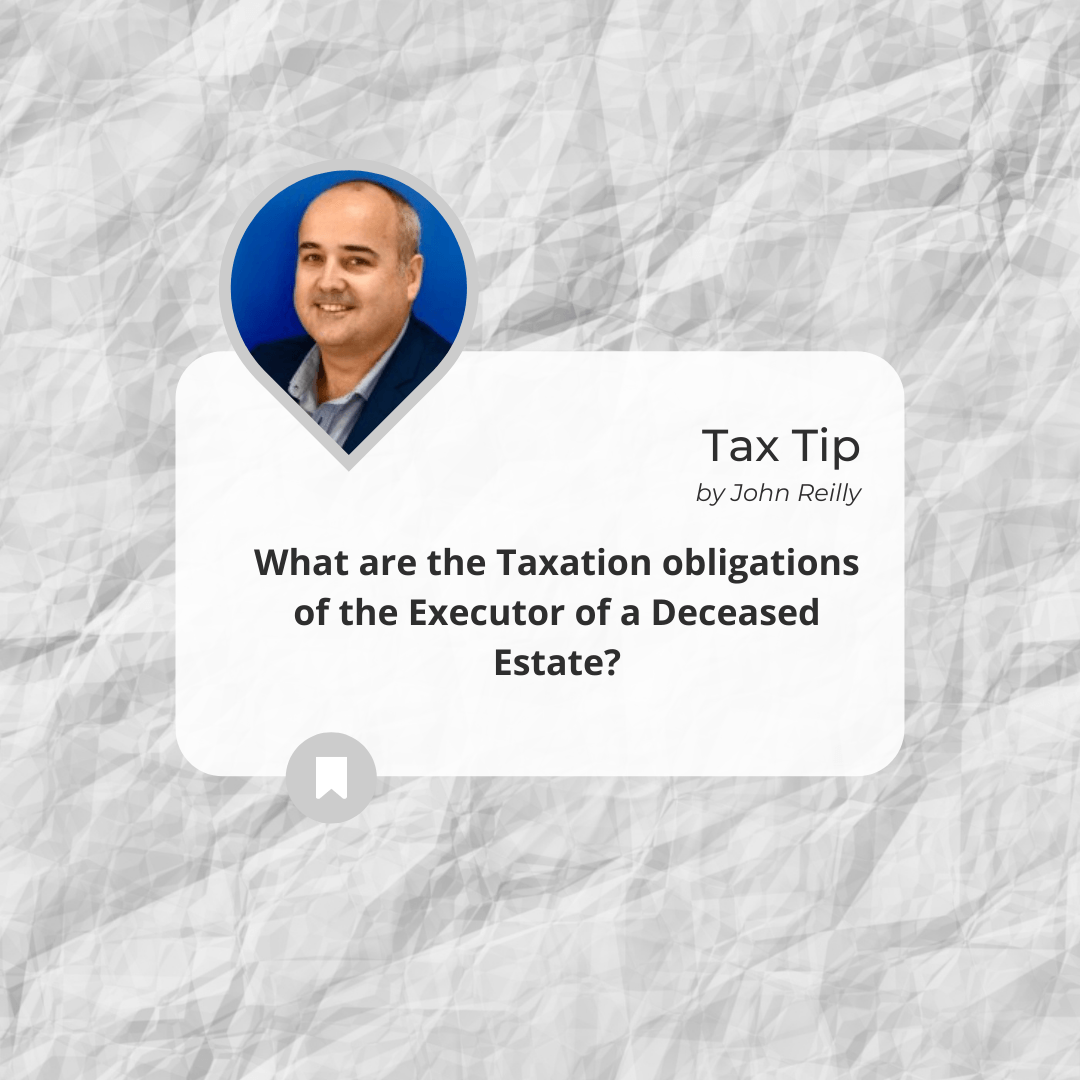
Your first taxation obligation as an Executor is to advise the Australian Taxation Office of their passing. You can do this by completing an online form on their website.
Part of your executor responsibilities is getting the deceased's personal individual taxation affairs up to date. This includes all outstanding obligations, we recently completed fifteen (15) years of outstanding returns for an executor!
It is far easier now that the ATO is notified electronically of income details. It can be difficult when investments are involved, especially determining the cost of acquiring investments. The best place to start will be the deceased person's accountant, they should have historical information.
If the deceased person had significant assets, you might have to create a Deceased Estate Trust, which is a new entity. You will need to apply for a new tax file for the Deceased Estate. For the first three years after death, the Deceased Estate Trust is taxed as an individual.
In the financial year of the person's death, you will potentially need to complete two tax returns. Their final personal return, for income up to their date of death. From their date of death until the end of the financial year, you will need to complete the Deceased Estate Trust tax return.
What We Do
At Key Tax Solutions we aim to provide you with advice when your business needs it, not just when you ask for it.
Who we are
At Key Tax Solutions we are committed to forming close partnerships with our clients, enabling us to understand your unique situation and customise the assistance we provide to suit your requirements.
Resources
At Key Tax Solutions we offer a full range of free, easy to use, online resources.
Meet The Team
Contact / Connect
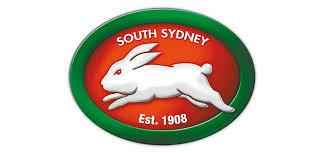 Rabbitohs
Rabbitohs
 Xero
Xero
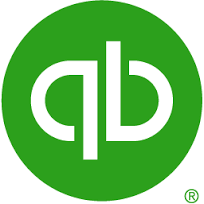 Quickbooks
Quickbooks
 MYOB
MYOB
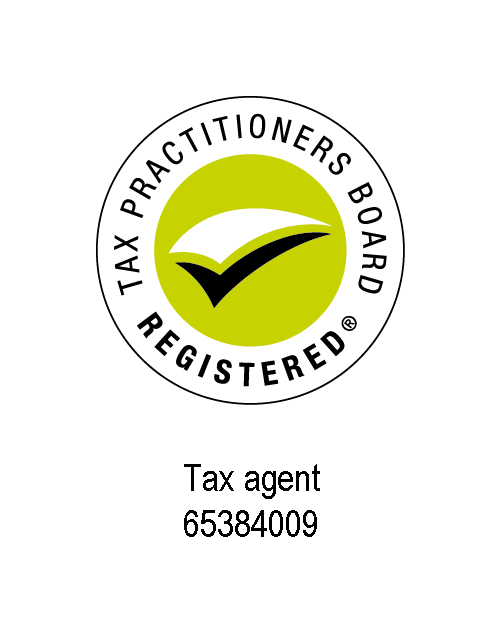 Tax Agent
Tax Agent
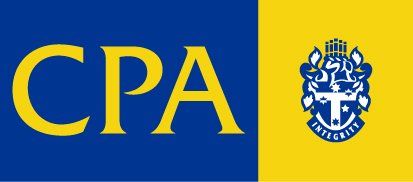 CPA
CPA
